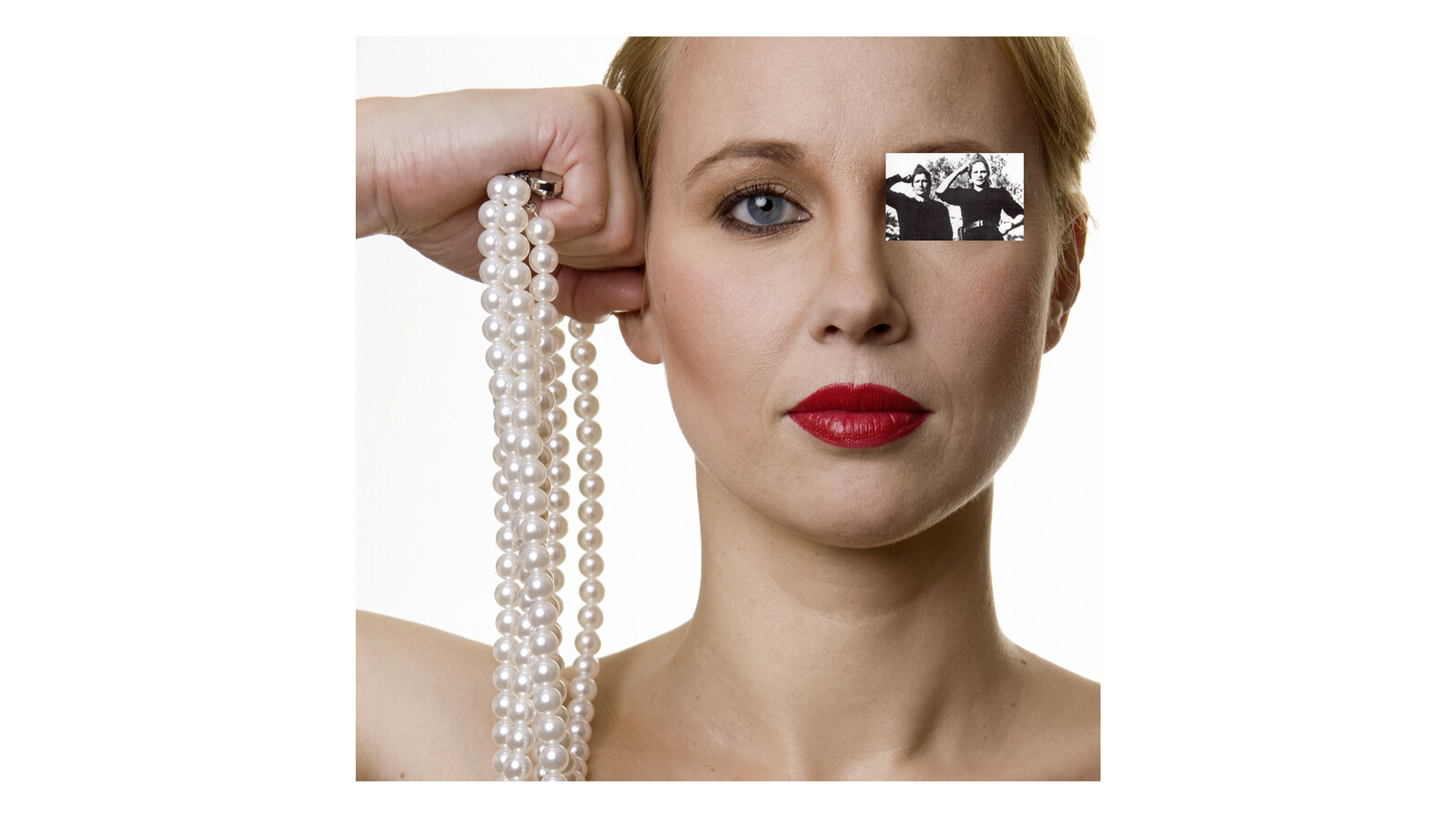Outrageously Rebellious
April 14–June 30, 2024
Kloster Unser Lieben Frauen
Regierungsstraße 4-6
39104 Magdeburg
Germany
Hours: Tuesday–Friday 10am–5pm,
Saturday–Sunday 10am–6pm
T +49 391 565020
kontakt@kunstmuseum-magdeburg.de
Sanja Iveković (born 1949), Ulrike Rosenbach (born 1943) and Gabriele Stötzer (born 1953) have been steadfastly embracing radical artistic stances since the 1970s that challenge entrenched gender norms and reclaim the narrative of female identity. Born into disparate contexts—Iveković in Socialist Yugoslavia, Rosenbach in the Federal Republic of Germany and Stötzer in the German Democratic Republic—these artists have independently crafted a visual lexicon that critiques prevailing gender paradigms and the attendant socio-cultural norms.
Central to their oeuvre is the female figure. Whether serving as a canvas, battleground or transcending boundaries through movement, the female body becomes a locus of exploration in their artistry and disrupts the passive gaze that has historically reduced women to objects or as surface for gender ascriptions.
Across mediums ranging from performance and photography to textiles and film, these artists deploy a multiplicity of strategies to disrupt hegemonic narratives and assert their vision of feminine subjectivity. Whether staging grandiose spectacles or intimate gestures, their works resonate with a palpable urgency and a resolute message.
Embedded within their artistic practices is a profound engagement with the interplay between personal biography and collective history, as they navigate the complex terrain of female identity against the backdrop of shifting political landscapes. Their art serves as a testament to resilience, highlighting instances of oppression while actively participating in, if not spearheading, women’s movements. This commitment is echoed in the rigorous artistic methodologies they employ, showcasing innovative modes of expression that have profoundly influenced contemporary feminist art.
The exhibition presents a diverse array of works spanning the early careers of Sanja Iveković, Ulrike Rosenbach and Gabriele Stötzer alongside more recent works, offering a panoramic view of their oeuvre.
Sanja Iveković, born in 1949 in Zagreb, Yugoslavia, seamlessly intertwines her artistic endeavours with a profound commitment to social activism. Renowned as a pioneering feminist artist in Croatia, Iveković emerged during the era of the Yugoslavian “New Art Practice” movement. Exploring the intricate nexus between mass media and ideology in her early works, she later delved into the nuanced transitions of the Balkan countries from socialist to nationalist regimes. Critiquing the societal position of women and their portrayal in media, Iveković sheds light on the resurgence of patriarchal norms.
Ulrike Rosenbach, born in 1943 in Salzdetfurth, West-Germany, stands as a vanguard figure in the realm of video art. She studied at the Düsseldorf Art Academy under Joseph Beuys and embarked on an innovative journey into the nascent medium of video art. Her oeuvre transcends conventional boundaries through a multifaceted approach, seamlessly interweaving performances, videos, installations and sculptures into cohesive thematic cycles. Embracing the ethos of American feminism in 1969 and later teaching at the California Institute of Arts, Rosenbach embarked on a profound exploration of female identity and the multifaceted roles of women as artists, wives and mothers. Through her art, Rosenbach confronts entrenched patriarchal stereotypes.
Gabriele Stötzer, born in 1953 in Emleben, GDR, intricately examines the individual within the backdrop of a totalitarian society in her compelling body of work. Following a period of incarceration for “defamation of the state” in the German Democratic Republic, Stötzer turned to writing, photography and film. Central to her artistic expression are evocative photographs depicting the naked female form, serving as potent symbols of resistance. Through performances and collaborative endeavours, Stötzer deftly elucidates the complexities of lived experiences and unspoken traumas, challenging societal taboos and asserting her agency.



